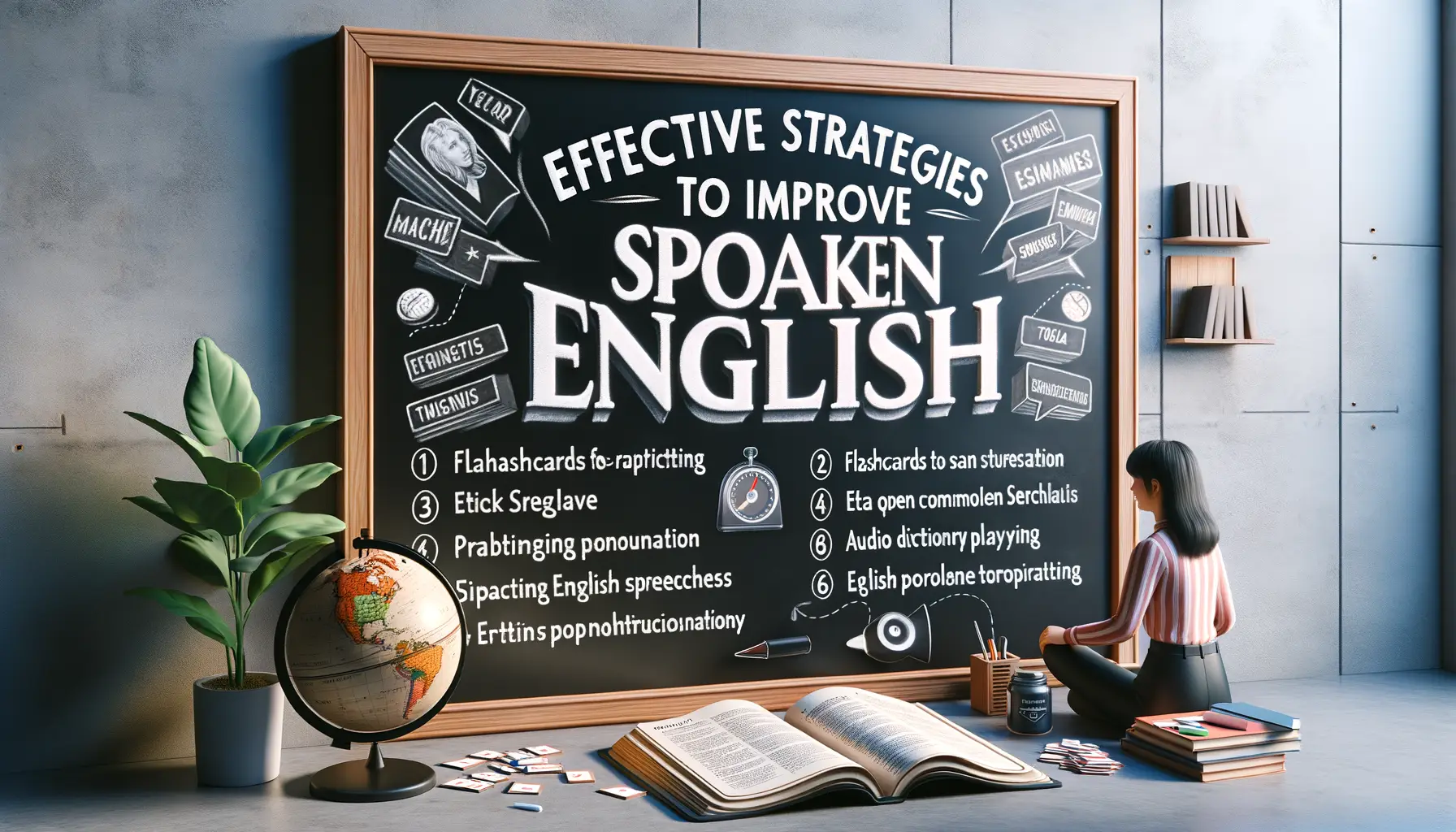Importance of English Speaking Skills
Why English Opens Doors to Endless Possibilities
Imagine walking into a room filled with people from around the globe—different cultures, different experiences. What language connects you all? Chances are, it’s English. This isn’t just a coincidence; it’s the global lifeline for communication. Whether you dream of traveling freely, nailing that dream job, or simply enjoying your favorite Netflix series without subtitles, English speaking skills can transform those dreams into reality.
It’s not just about impressing interview panels or acing presentations (though that’s pretty awesome too). It’s about gaining confidence. Picture yourself effortlessly starting conversations, understanding jokes in a new country, or even giving advice to a tourist in your city—those small moments create a world of connection.
So, think of English as your passport—not just to places, but to people and possibilities. And trust me, those are worth every ounce of effort.
Effective Strategies to Improve Spoken English

Speak First, Perfect Later
Let’s get one thing straight: fluency starts with courage, not perfection. Waiting until you “feel ready” to speak English is like waiting for a sunny day in the middle of winter – you’ll be waiting forever. Instead, dive right in! Start small by talking to yourself in English while brushing your teeth or narrating your actions while cooking dinner. Sound silly? Who cares! It’s your secret stage to rehearse before taking on the real world.
Once you’re comfortable, level up! Join language meetups or online forums, where others are as eager as you to connect in English. These are places where mistakes are not a faux pas but badges of honor. Share your favorite movie plot or rant about the weather—you’ll be surprised how quickly conversations flow when you’re genuinely engaged.
Think in English, Live in English
One powerful habit is training your brain to think in English. Swap out your old habits for new ones:
- Change your phone settings to English.
- Write grocery lists or daily to-dos in English.
- Start “word-collecting”—learn phrases you love and use them every chance you get!
With time, English will shift from feeling foreign to feeling like second nature.
Common Obstacles and How to Overcome Them

Breaking Through Fear and Doubt
Let’s face it—fear can be a loud, pesky roommate in your brain when you’re learning to speak English. You freeze mid-sentence, heart racing, afraid of sounding silly. But here’s the truth: language isn’t about perfection; it’s about connection.
A great way to silence that inner critic is to embrace mistakes as learning fuel. Remember the time you tripped while walking but laughed it off? Language bloopers are the same! Start small with daily affirmations: “I deserve to express myself.” Or adopt this trick: before conversations, rehearse phrases like “Could you repeat that, please?” for those brain-fog moments.
Your Comfort Zone Is Too Comfortable
If you’re clinging to familiar words or avoiding certain conversations, don’t worry—you’re not alone. Breaking out of that comfort zone can feel like stepping into cold water. But growth happens at the edges of discomfort.
Try this:
- Challenge yourself to order food at an unfamiliar restaurant.
- Join an online English gaming session or book club—it’s fun and low-pressure!
- Speak only English to a friend for 24 hours (yes, even if it feels painfully awkward).
Trust me, once you dive in, you’ll thank yourself for the courage later!
Resources and Tools for Practicing English

Must-Have Apps and Platforms
Imagine carrying an entire English-speaking universe in your pocket! That’s what apps like Duolingo, HelloTalk, and BBC Learning English offer. These tools are your secret agents for fluency. Want to talk to a native speaker today? Open HelloTalk, connect with someone from London or New York, and boom—you’re speaking in real-time. Prefer to sharpen your grammar while waiting for your coffee? Duolingo’s bite-sized lessons have you covered. For those craving compelling stories and accents galore, the podcasts on BBC Learning English will make your ears and brain dance in harmony.
Not an app person? No worries. Websites like Italki let you hire real tutors without needing a passport. It’s personal, flexible, and might just feel like having tea with a wise friend.
Tools that Bring English to Life
Beyond the digital realm, let’s talk tangible things—things you can touch and experience daily. A trusty notebook is golden for jotting down quirky phrases from Netflix shows or your favorite book. Keep a running list of words you’ve “adopted” and challenge yourself to use them daily.
For something fresh:
- Flashcards: Create custom ones or try Anki for spaced repetition magic.
- Speech-to-Text Tools: Ever tried talking to Google Assistant? It’s a fun way to test pronunciation!
Dig into these resources, find what fits your vibe, and you’ll be practicing English like a pro—effortlessly.
Tips for Sustaining Long-term Progress

Build Habits That Stick
Consistency is your secret weapon for long-term success in speaking English. Think of it like learning to ride a bike—you don’t master it by practicing one weekend and forgetting about it for a month. Start small but steady. For example, dedicate 15 minutes a day to speaking aloud, even if it’s just narrating your morning routine: “I’m pouring coffee. Oh no, I spilled it!” Sounds silly? That’s the point! It makes it fun and memorable.
Create an environment that reminds you to keep going. Try these:
- Set your phone or computer’s system language to English.
- Place sticky notes with English vocabulary around your house—imagine brushing your teeth while repeating, “toothpaste,” “sink,” “mirror.”
- Make screen time productive by watching favorite shows in English with subtitles.
Celebrate the Wins (Even the Tiny Ones!)
Progress doesn’t have to come in leaps and bounds—it’s the baby steps that take you farthest. Did you introduce yourself to someone in English? That’s a win. Ordered coffee without switching to your native language? Another win! Keep a journal to track these moments.
Reward yourself too. Maybe after finishing that English audiobook, indulge in your favorite snack. Keep progress exciting, and you’ll never lose motivation.





